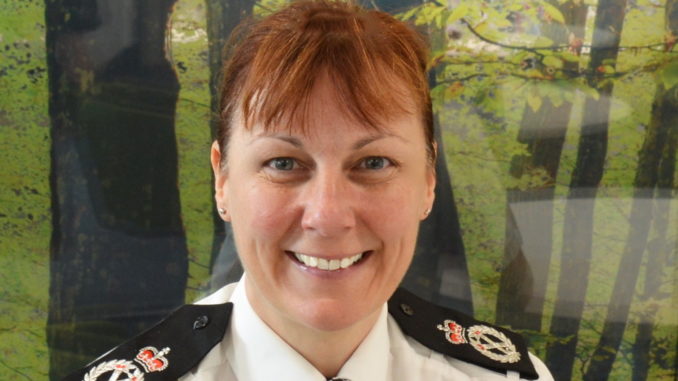
North Yorkshire Police’s chief constable has sought to justify why a force with one of the country’s highest council tax demands is levying the maximum allowable precept rise, saying it will enable police to avert offences impacting on communities rather than just react to it.
Lisa Winward said the addition of £10 to a Band D property’s council tax bill would enable the force to get on the front foot and interrupt what she described as “a conveyor belt” of issues caused by a minority of residents.
Ms Winward was speaking to North Yorkshire’s police, fire and crime panel as it unanimously agreed that the average household should be charged £281.06 for the service for the coming financial year.
Commissioner Zoe Metcalfe had told the meeting if she did not levy the £10 maximum increase in council tax precept for the coming year that money would be lost to the force in future years, adding she was “very mindful” of the financial pressures facing residents.
She said the increased precept would cover the rising costs the force was facing and pay for an additional 78 police officers, some of whom would be deployed to improve public contact, solve issues facing communities, roads policing and tackling violence towards women and online abuse.
Ms Metcalfe said: “The precept increase will also allow me to invest in a range of services for victims, and in particular, a new victims’ centre to house the North Yorkshire Sexual Assault Assessment Centre and the child sexual assault assessment services in York.
“I will also hold the chief constable to account to ensure a full return on investment. I will be setting clear performance expectations to the chief constable to make North Yorkshire Police more efficient.”
However, City of York Council leader Councillor Keith Aspden highlighted the precept increase was higher than crisis-hit social care authorities were being allowed to levy, and questioned whether communities would “notice the difference that really justifies that increase” the new posts.
The meeting heard the increased precept would fund the force’s Early Action Together programme, which is focused on supporting the most vulnerable residents with complex needs to “prevent harm before it happens”.
Ms Winward said policing tended to deal with society’s symptoms and longer term problem-solving had to come from a placed-based bespoke approach.
She said: “A lot of the calls that we receive are cyclical. So the same people with the same problems who haven’t had the root causes of their problems solved by any agency.
“Once somebody is hurt or harmed or a community is damaged it takes a lot of time and effort and work among a lot of public services to try and put that thing right. If we can prevent it from happening in the first place that is a much more effective way of our public services supporting those communities.”
Ms Winward said with 6,000 miles of roads across a county which is a popular destination for some motorists, such as motorcyclists, extra resources were needed for preventative measures to tackle road safety and criminals from outside the county targeting North Yorkshire.
Councillor Mike Chambers said while he understood the reasons behind the increase, he was concerned the commissioner was levying the maximum rise given the economic circumstances facing residents.
Calling for more warranted officers to be seen on the beat, he said: “I think this time we really do need to see some early and discernible results in what the public are paying for.”


Be the first to comment